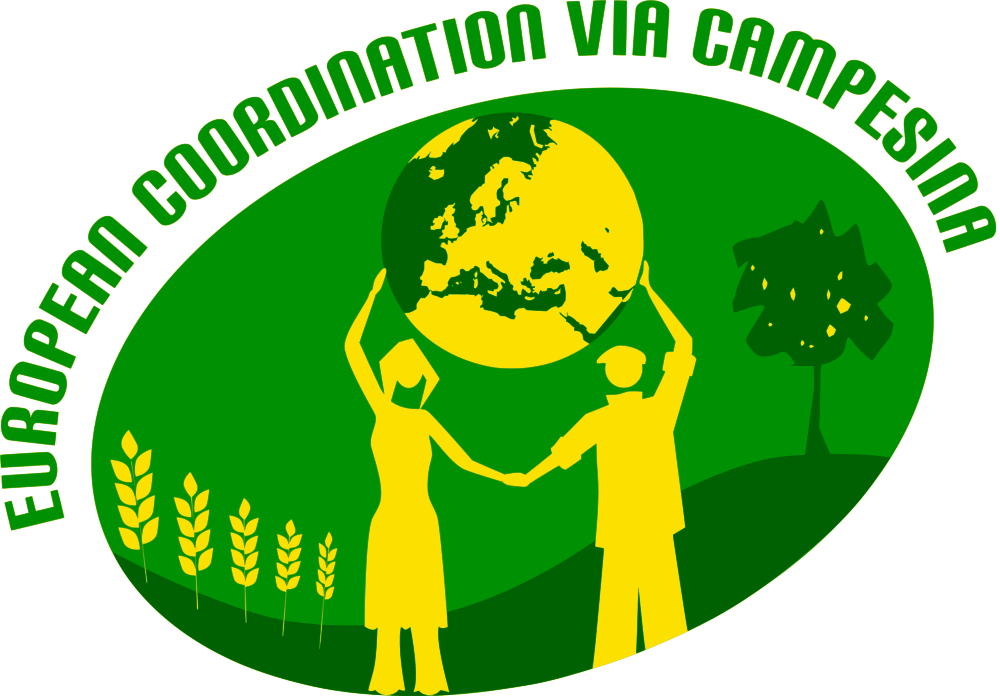The EU needs an ambitious contingency plan for food security
The COVID19 pandemic has raised awareness of the need to prepare for a possible food supply crisis in Europe. Indeed, climate change and biodiversity loss, as well as future pandemics and possible geopolitical disruptions, make our food system more fragile. Its growing complexity, with increased dependency on transport, logistics, energy supply and the internet, also makes it more vulnerable.
For these reasons, we very much welcome the decision taken by European Commission to address the issue within the Farm to Fork Strategy and call for an ambitious European contingency plan for food security.
As representatives of small and medium-scale farmers across Europe, European Coordination Via Campesina (ECVC) believes that a contingency plan for food security should include four levels:
1. A strategy to ensure better food resilience in all European territories. This requires vivid and diversified agriculture in all countries, carried out by many farmers. Farmers, citizens and local authorities should all be integrally involved in the process of making European food systems more resilient, to regain food sovereignty over agricultural and food policies. We must recognise the importance of autonomy within production models, after the pandemic has proven that a reliance on external resources makes production models more fragile.
2. Strong protection and more equitable division of agricultural resources. European frameworks are needed to make sure that land, water and seeds are managed in a way that prioritise food resilience. We stress the need for an EU directive on land and for policies protecting the farmers’ rights on seeds (article 9 of ITGRFA).
3. Rebuilding the strategic reserves of food in every EU country. The EU has a rule that each EU Member State should have oil reserves for at least 90 days, but no rule for food stocks. Most countries, such as China, the US, Russia or India, do have stronger strategic reserves than we do. We cannot only depend on international trade to ensure our food security, because we all know that in case of a world food crisis, markets will be disrupted and the ability or desire to import and export food will be affected. These strategic reserves must be publicly managed and serve to balance markets.
4. Including the issue of European food security in all international policy negotiations and ending Free Trade Agreements. This means giving food sovereignty priority over other considerations, like competition or access to new markets. The plan must look to relocalise food supply chains and reduce waste as part of policy negotiations, ensuring sustainability and achieving coherence on environmental issues.
DG AGRI has launched a consultation to collect analyses and proposals on the contingency plan for food supply and food security. We call on our membership and partners, civil society organizations, and citizens aware of the importance of agriculture to push for a strong plan based on a vivid and sustainable agriculture everywhere in Europe.
You can read the full response from ECVC here and respond to the consultation yourself here.
